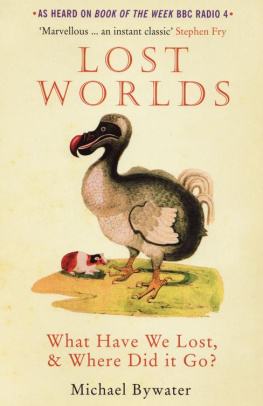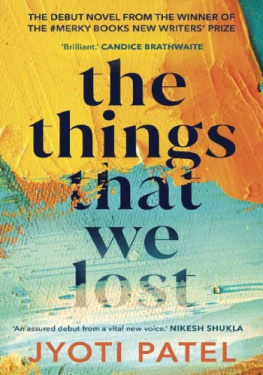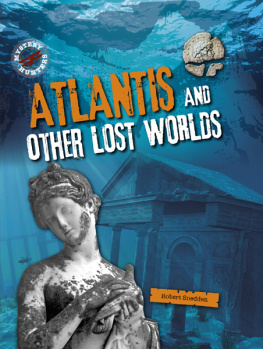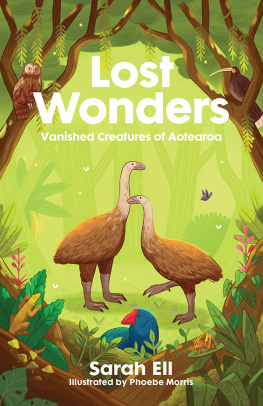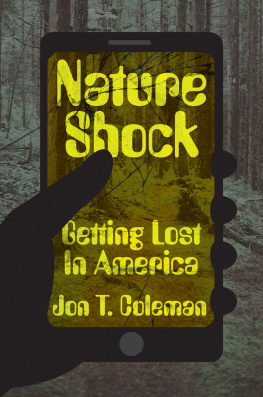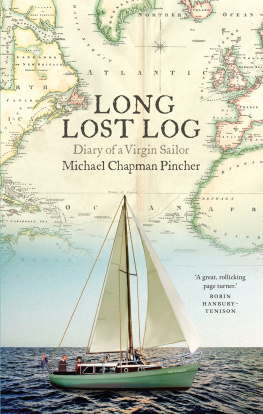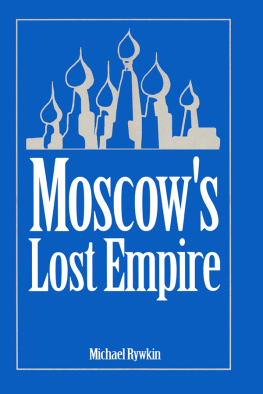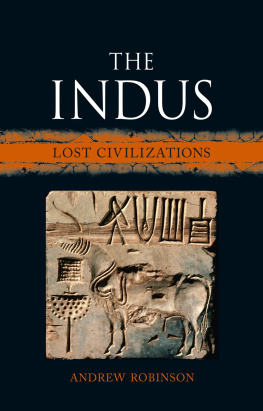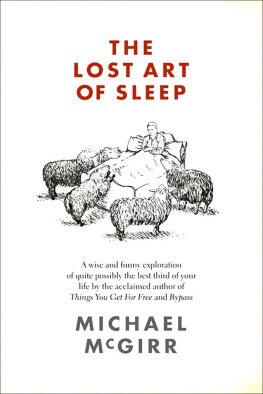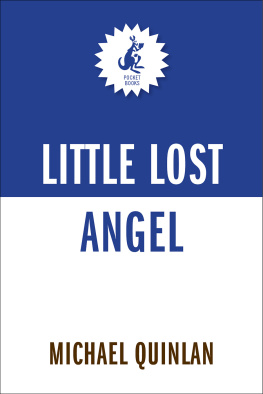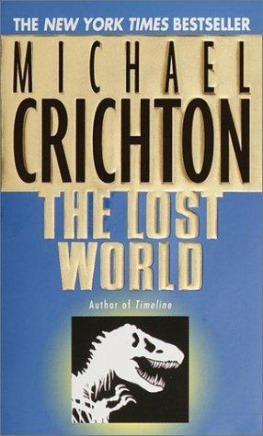Praise forLost Worlds
Funny, erudite and fascinating, Bywaters Lost Worlds is a treasure trove of spectacularly miscellaneous knowledge, all of it worth knowing, about things lost and gone, many of them worth regretting . Bywater writes with a razor-sharp wit and flashes of real profundity; his magpie genius has found a dazzling outlet here A. C. Grayling
Bywater decodes, derides and deconstructs the major and minor arcana of world civilizations, hilariously zooming in and out from chocolate bars to cosmology: anatomizing moustaches and melancholy, dogs and democracy. This marvellous and valuable book transforms itself as you read from a quirky miscellany into something wiser, nobler, deeper, sadder and more remarkable Stephen Fry
Bywater has one of the most interesting and encompassing minds of the age no one else could have written this book, particularly with such verve Kathy Burk
Clever, eclectic, eccentric and funny: perfect brainfood Nigella Lawson
Dizzyingly learned and dazzlingly inventive Tom Holland
The last remaindered copy should be buried in a time-capsule so that archaeologists of the distant future, rummaging through the radioactive landscape, can dip into the learning that its author wears so lightly and wittily Jonathan Sale, Independent
Lost Worlds is the best thing about better than iPods, the first rime of winter, salty porridge, Paula Rego, chocolate bars dusted with cinnamon and the Dandy annual Andrew Marr, Daily Telegraph
The fantastic, absurd exaggeration is as enjoyable as the Hitchhikers Guide to the Galaxy Michael Bywater can leap from kings to cabbages without drawing breath, and find amusement, if not eternity, in a grain of sand Emily Wilson, Times Literary Supplement
A lovely little book of yearning Herald
In a history of audacious indexes, the list that completes Michael Bywaters delightful volume would be up there with the greats Brian Dillon, Scotland on Sunday
What makes Bywater so good is the exactitude with which he remembers A seductive whirlpool of evanescence Howard Jacobson, Independent
Chastened, erudite, amused and endlessly digressive Jonathan Derbyshire, Time Out
Full of razor-sharp wit and nostalgia, there is ultimately a deep wisdom in his perspective on life Good Book Guide
Nostalgia is seldom this funny, or expressed with such tenderness Metro London
To Keith Haward Bywater,
Father
&
Proper Doctor
(see below)
The gifts he has turn to dust in his hands as he realises that everything he has is merely the shadow cast by what he has lost.
DOUGLAS ADAMS & MARK CARWARDINE,
Last Chance to See
epameroi: ti de tis; ti de ou tis; skias onar anthropos?
(Gone in a day: who is someone? What is no-one? Everyones the shadow of a dream.)
PINDAR, Pythian Odes
Contents
From one loser to another: goodbye.
Brace ourselves against it as we will (with manners, customs, beliefs, riches, vocations, pastimes, love and learning), we will all lose in the end. What will we lose to?
We will lose to the law. And if you dont believe me, to hell with you.
And to hell with me, too. For if hell is as it is in at least one cosmology a region of ice and silence, we are all going there and theres nothing we can do about it.
Caprice? No, its as far from caprice as one can get. Its physics. And physics says weve had it. You, me, the dog, the careful home, the plans, the savings, the posterity, the great globe itself, Yea, and all which it inherit: the Second Law of Thermodynamics.
Thats the one which governs us. Simply but clumsily put, the Second Law of Thermodynamics says heat doesnt go uphill. More clearly expressed, it says: things are getting more chaotic. Order is moving ineluctably towards disorder. The cosmos began in chaos (says Genesis) and (says physics) in chaos it will end. All the energy in everything that is the energy which keeps us going, keeps our cells together, keeps the circling planets spinning on their way, all of it will end up as a sort of formless heat, without order or purpose. The Heat Death of the Universe.
Entropy, the physicists call it. The amount of disorder in a system. And it goes up. Entropy keeps rising. We may cheat it for a few decades (eating and eating and eating to get new energy in, to fuel the struggle against our own bodily chaos) but in the long run, like the Universal casino, entropy will triumph. The House will always win.
Weve had it.
So what do we do while were waiting? Perhaps its a miracle that we do anything at all; the psychoanalyst Gyllian Moore once said that ninety per cent of her work was helping people come to terms with the inevitability of their own death. Most of us, though, manage to rub along, after a fashion; but much of what we do is building defences against loss. Businessmen cope with it by constantly wanting more; the great middle class copes by worrying about how to hang on to what it already has; engineers build things to outlast them; historians stare the thing in the face; artists (of whatever sort) try to stop time and freeze it in its tracks eternal happiness. Most explicitly of all, doctors are engaged in nothing more than keeping loss (of capability, of the faculties, of life itself) at bay.
Yet we understand little about the quiet storm of loss which blows about our lives and histories. Despite the obsession of our species with organizing, categorizing and making lists (we categorize everything, from Linnaean taxonomy to the rules of harmony and counterpoint, from the codifying of human weakness in the form of the law to codifying ourselves both from the top down, in theology, and the bottom up, in the Human Genome Project) we have not managed to organize our thinking about loss. It still just happens. It still surrounds us, dogs our footsteps, clings to our coat-tails and (as P. G. Wodehouse said of Fate) waits around every corner with a sock full of wet sand.
Its everywhere we look. Hydraulic power beneath the streets of London, the graveyard of lost books in the Geniza of Cairo, the lost world of Xanadu, the lost delights of impotency.
The list could go on and on, and, very shortly, will. And the fact that the most difficult thing about writing on loss is knowing when to stop might also be the reason we have never managed to come up with a taxonomy of loss.
Its not for want of trying. We could construct endless taxonomies of loss, and indeed I did so at one stage, thinking there might be a key to it all.
A Taxonomy of Loss, I wrote, then put my foot down and let it rip.
Abandoned
Blown up
Bowdlerized
Burned
Cast in Resin & Sold in Museum Shops
Damnatio Memoriae, Subjected to
Decay, Natural
See also:
Universe, The, Heat Death of Entropy
Destroyed by Mistake
Destroyed by Time
Destroyed by the Author
Destroyed by the Daily Mail
Destroyed by the Forces of Morality
Destroyed in Time of War
Destroyed in Time of Conquest
Destroyed in Time of Defeat
Died
Killed
Murdered
Disintegrated
Drowned
Eaten
Evaporated
Forbidden
By Doctors
By Doctors, but Rehabilitated
By God
By God, but Largely Ignored
Ignorance, Overtaken by the Advancement of
Inadequately Reassembled
Intervention, Divine, Rendered Inaccessible by
Intervention, Diabolical, Rendered Inaccessible by
Intervention, Divine, Inexplicably Withheld
Spirited away (see Jesus)
Should Have Been Lost but Werent
Magicked away
Left
By Mistake
On Purpose

